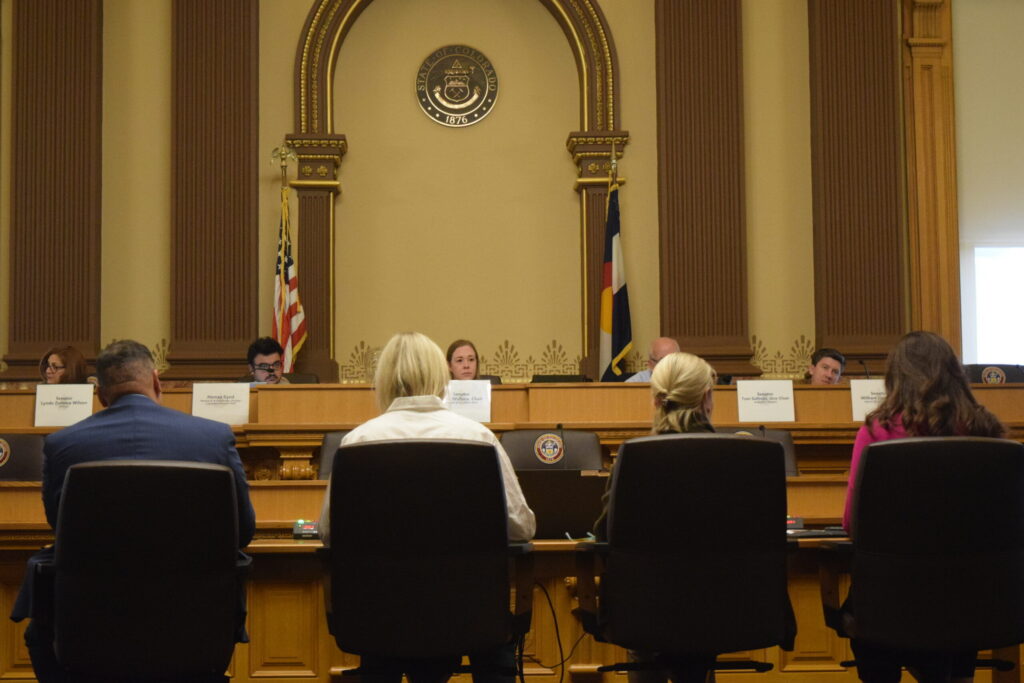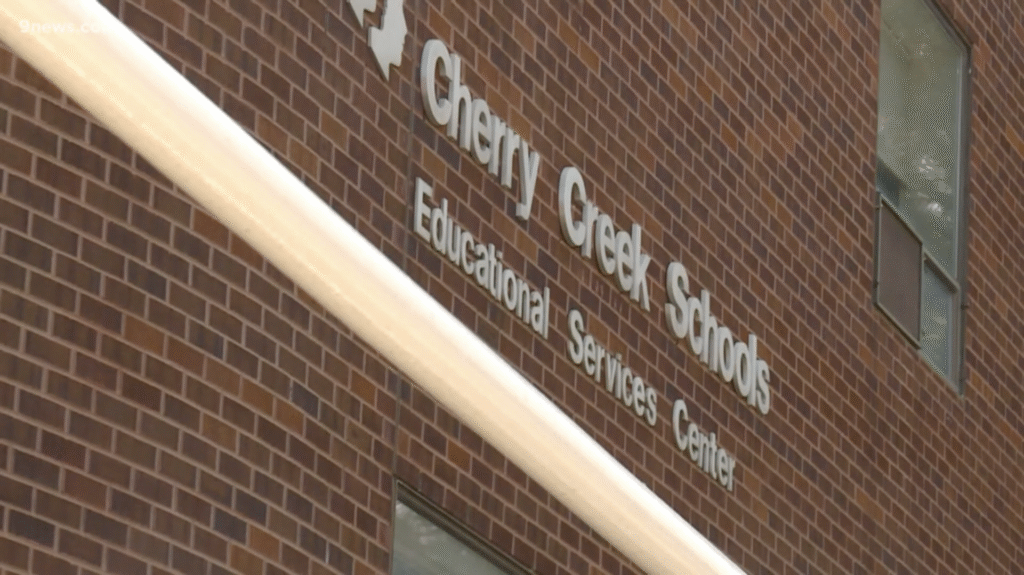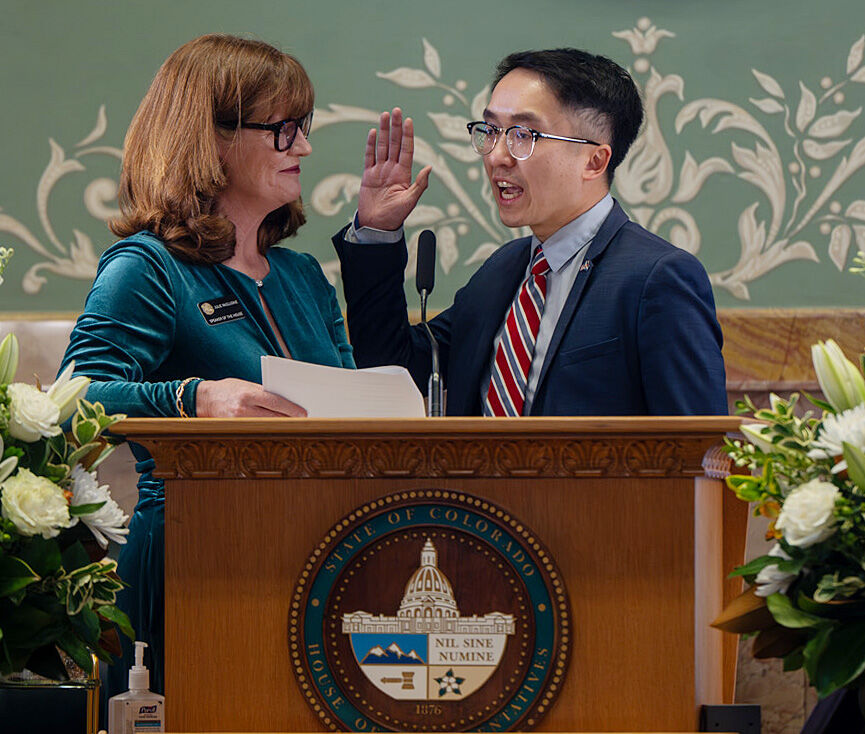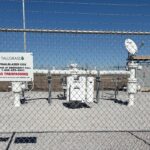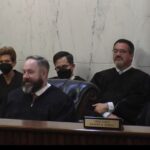Audit: Denver school district owes more than it owns, despite nearly $1B in unspent bond cash
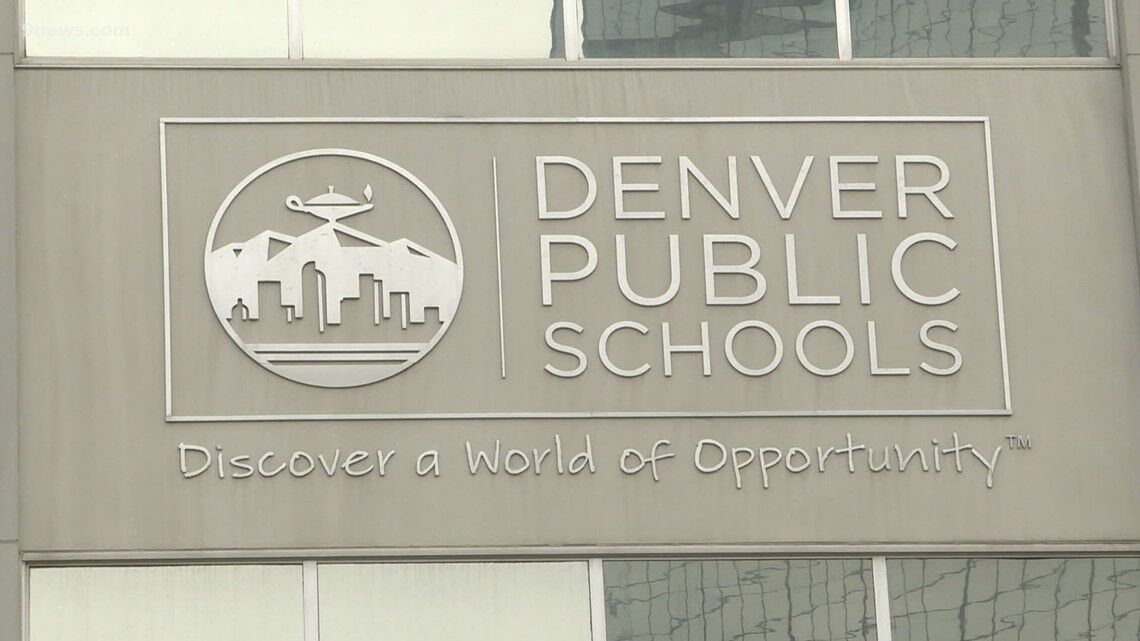
Denver Public Schools is operating with a negative net position — owing more in long-term obligations than it holds in assets — a rare and troubling financial posture for a major Colorado school district, according to an audit.
Presented on Thursday, the audit for fiscal year 2024–25, which ended June 30, showed the district is carrying $4.07 billion in long-term liabilities. (For context, the district budget last fiscal year was about $1.5 billion.)
Total assets remained lower, even after the district added nearly $1 billion in unspent 2024 bond proceeds to its books — cash voters approved a year ago that had not yet been put to use.
As those bond dollars are spent, the cash asset will disappear, while the long-term debt remains, deepening the district’s negative net position.
In June, the district issued more than $808 million from the 2024 bond, while still holding roughly $170 million from the 2020 bond. As a result, taxpayers are paying interest on nearly $1 billion in unspent bond cash the district has not yet used.
Public entities, like school districts, typically issue bonds when interest rates are low or are expected to rise soon as a way to lock in cheaper repayment terms. Projects also take time, and having the money upfront helps with planning.
Districts use the unspent money to earn investment income.
But the interest taxpayers earn by doing this is almost always lower than the interest taxpayers must pay on the bonds.
‘TREMENDOUS LIABILITIES’
These borrowing decisions have been made against a backdrop of declining enrollment and a wave of school closures, with more expected to come.
Board President Carrie Olson did not respond to a request for comment.
Director John Youngquist — known for asking tough questions — said he is surprised by the scale of the district’s obligations.
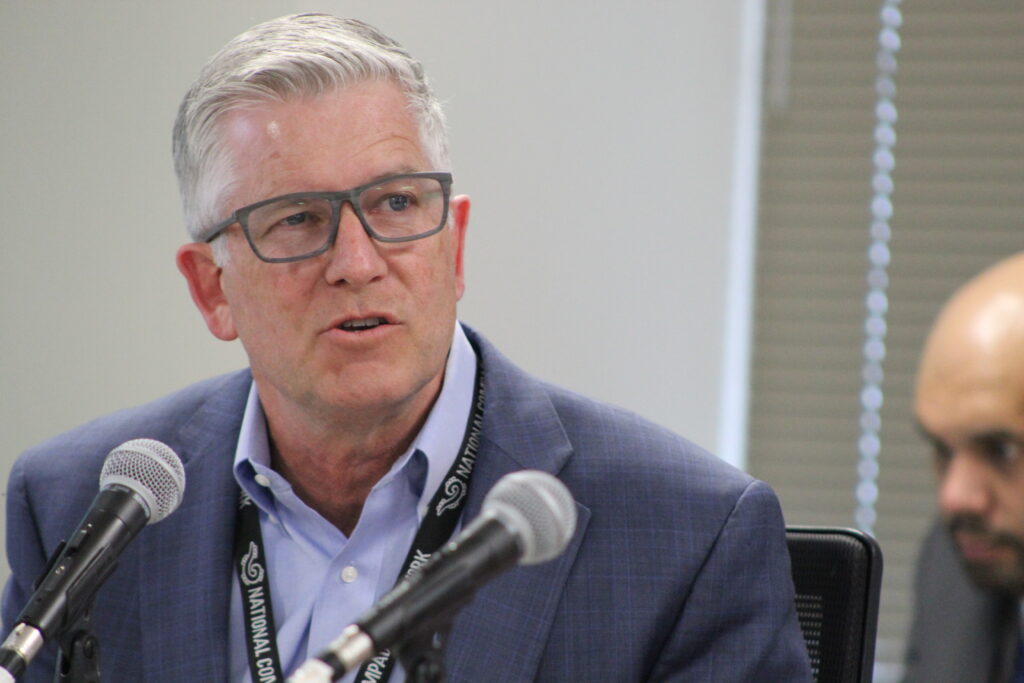
“I knew it was significant, but I was not aware of the aggregate number,” Youngquist told The Denver Gazette. “I have identified, as a significant priority, that our new board needs to be presented with the realities of our current budget status and immediate, mid-term and long-term realities, as soon as is possible.
“This includes these tremendous liabilities.”
Youngquist said his hope is that the new board, which is expected to be seated early next month, receives a financial presentation “as quickly as possible.”
The $4 billion in long-term liabilities the district is carrying includes roughly $2.5 billion in general obligation bonds, $785 million in Certificates of Participation (CoP) and lease-purchase obligations — the financing mechanism now being challenged in court.
The value of the district’s assets remained unclear.
The audit summary presented to the board showed only bar graphs comparing assets and liabilities, without listing the dollar amounts behind them.
Scott Pribble, a district spokesperson, said he did not know the figure.
The district’s use of CoPs has come under scrutiny with a lawsuit challenging its constitutionality.
To bypass the Colorado Constitution’s ban on public entities assuming debt without voter approval, Denver Public Schools employed a widely used but little understood workaround that involves transferring ownership of its schools to a shell corporation — the Denver School Facilities Leasing Corporation — then leasing the buildings back for hundreds of millions of taxpayer dollars.
‘WILDLY PROBLEMATIC’
The district has used this financial tool since at least 1984 to finance off-the-books projects largely out of public view. The maneuver has allowed DPS to accumulate nearly $1 billion in debt — all without putting a single measure on the ballot.
This financial arrangement has not been tested in court — until now.
Lisi Owen — an attorney and founder of Vanguard Justice LLC, a firm focused on exposing public corruption — is representing the parent advocacy group Mamás de DPS in the lawsuit, which is challenging the district’s lease-financing strategy.
State law permits school districts to use lease-purchase agreements without voter approval, provided the payments are subject to annual appropriation and are made from general or capital reserve funds.
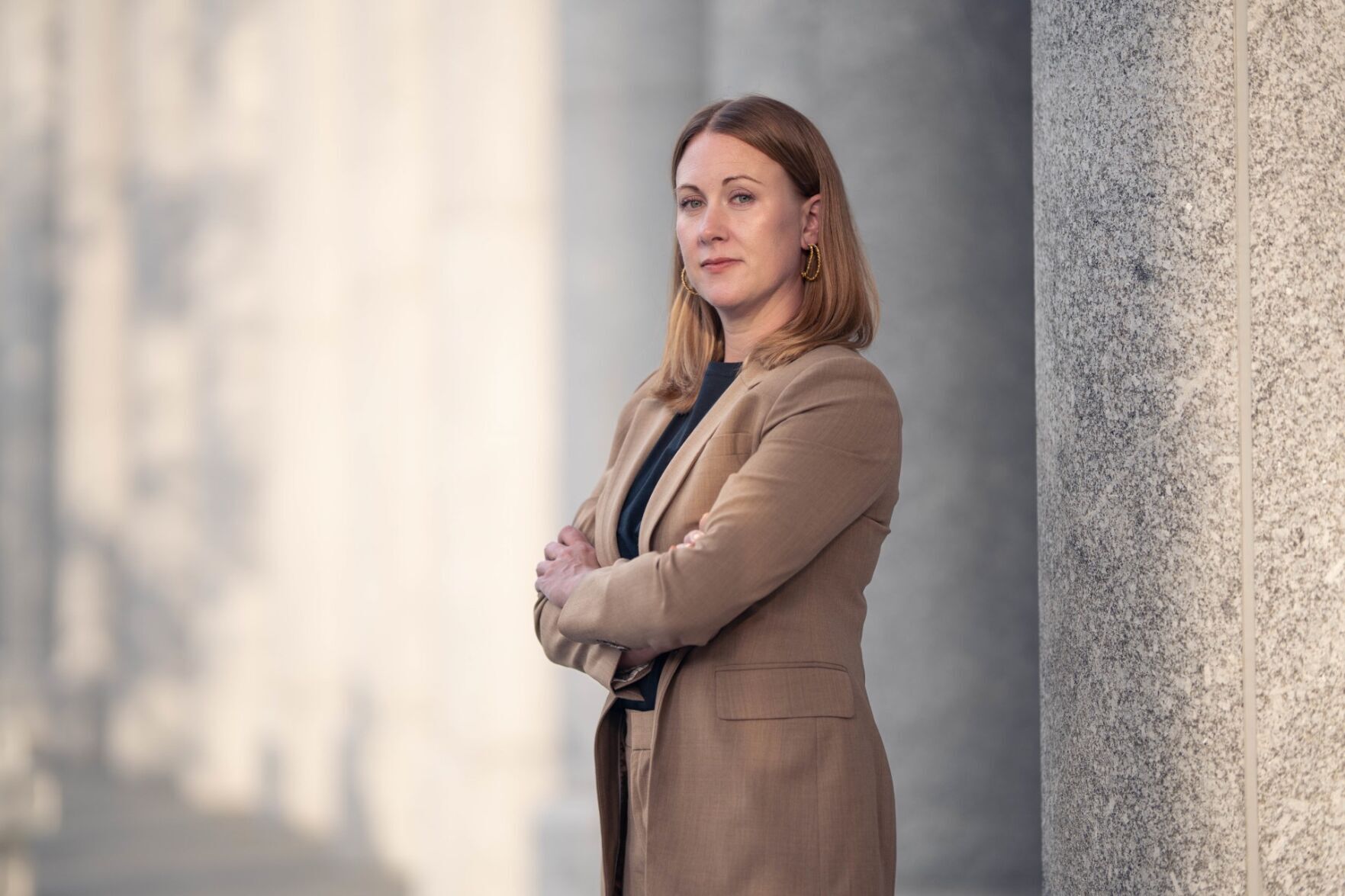
As previously reported by The Denver Gazette, and confirmed in this audit, the district is using bond money to pay CoP payments.
“This is confirmation, again, they’re using general obligation bond proceeds to pay other debt that they were incurring without telling voters, which is wildly problematic,” Owen said.
“I’m not sure that’s allowed by statute, but even if it is, isn’t that something you should have to tell voters?”
Van Schoales, a senior policy director for the Keystone Policy Center, sees no issue with spending voter-approved bond money in this fashion, so long as the funds are used for capital projects — with a caveat.
“If the board doesn’t think that’s OK, that’s a problem,” said Schoales.
Schoales formerly served on the district’s bond oversight committee, which was formed to ensure voter intent is upheld.
‘REASONS FOR OPTIMISM’
Something else in the audit also caught Owen’s attention.
In addition to the district paying back CoPs related to upgrades at Kepner Middle School, officials also used 2020 bond money for “general fund relief.”
“I’m sure that’s illegal,” Owen said.
General obligation bond spending is tightly regulated.
Under state and federal tax rules, bond proceeds must be used for capital projects — such as construction, repairs and other long-lived assets — not for operating costs or to relieve pressure on the general fund. Using bond dollars for operational expenses would violate restrictions on how voter-approved debt can be spent.
The audit noted that district officials used $345 million of the 2020 bond for a series of things that include general fund relief, such as critical maintenance, air conditioning, upgrading learning environments, upgraded technology and safety.
Pribble, the district’s spokesperson, said the $25.5 million in expenditures for the general fund included purchasing a fleet of vehicles and unplanned emergency capital expenses.
“The reference to ‘general fund relief’ is about the use of bond monies to support capital expenses that would have been traditionally paid for out of the general fund,” Pribble said. “This was done in response to unexpected budget cuts from the state due to their COVID response.”
Auditors also noted that, after spending roughly $9 million to implement a new human-resources system, the district did not conduct an access review to determine whether permissions matched job duties — a control issue that could expose Denver Public Schools to misuse or payroll errors.
The deficiency was not considered material, but auditors recommended an immediate and formal review.
Chuck Carpenter, the district’s CFO, said the district is in “strong financial health,” citing the $18 million added to the fund balance, the $975 million bond voters approved last year, school closures and the AAA credit rating from Moody’s Investor Services.
“There are many challenges and headwinds, including fewer school aged children because of lower birth rates, strained state government funding with an aging population, and rapidly rising costs in core business expenses like wages and health benefits,” Carpenter wrote. “All of this is occurring while there continues to be an increase in services demanded of DPS by our community.
“Even with our challenges, we have reasons for optimism,” he added.




